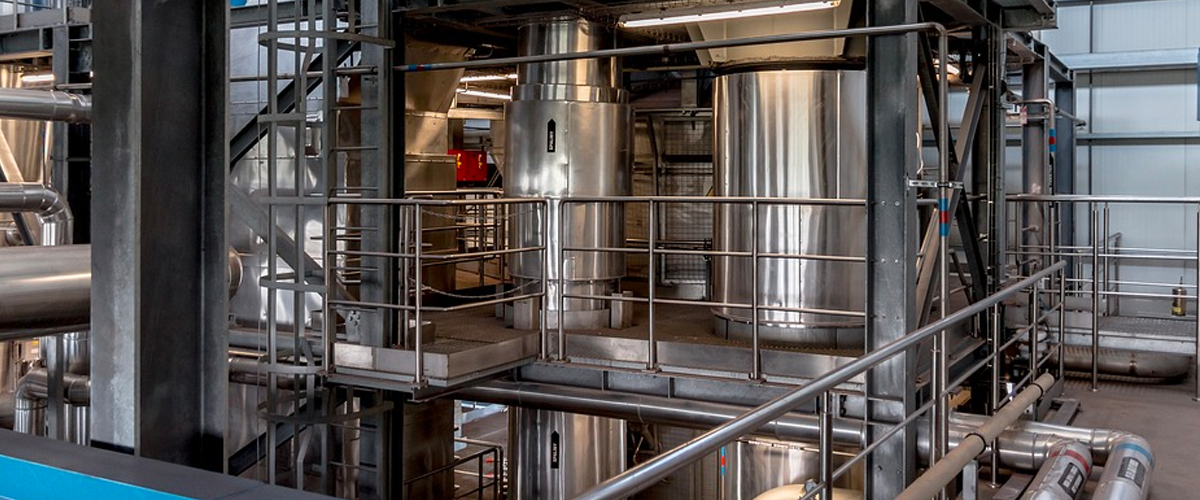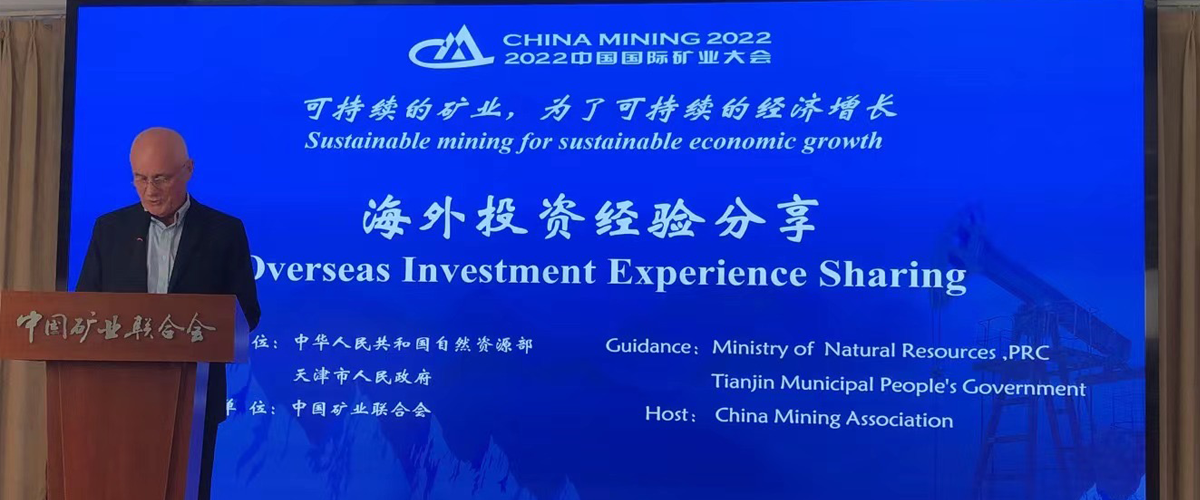| Peter Arkell

With the China Australia Free Trade Agreement coming into force, there has been a lot of interest on what the impact will be. Not just in Australia, but also in China. Peter Arkell was interviewed on the International Channel Shanghai (ICS) Money Talk by Wang Lihua on 6 January 2016. The text of the interview is below and to watch the video, please click the link at the very bottom of the page:
Wang Lihua: First of all can you tell us how would Chinese companies benefit from the China-Australia FTA? Both the state-owned ones and the private ones?
Peter Arkell: This is going to be great news for them, as well as for Australians, for the state-owned enterprises and for the private companies. They see Australia as an attractive market as the trade barriers in terms of the tariff has been made much lower, and so therefore, we are going to bring goods into Australia, a more competitive environment than what it might be now. Hopefully we will be able to buy Chinese goods more cheaply. And that will be good for Australian consumers. China is used to being a very big market of course, and Australia is a relatively small one, but it would be good to have access to that market. As far as investment concern, ChAUFTA also allows particularly the private companies access to Australia. The previous threshold for foreign investment review board, process has been erased considerably, so they can come now, they don’t have to go through that process, a massive advantage, then we give some opportunities to invest in some major projects, already being attractive to investors. And hopefully we will find it continuously, we will see more investment. I think China has been relatively in terms of if we compare to the size of trade we have between the two countries, investments from China are probably underweight. I would like to see even more Chinese investment, foreign investment coming into Australia. So the ChAUFTA give us that. It always got little bit less advantage than the private Chinese companies. But that’s OK I think.
Wang Lihua: What about from the Australian point of view? Are these companies and consumers more worried about the Chinese entry? Or are the benefits more obvious?
Peter Arkell: To be perfectly frank, I think there are still some issues in Australia with regard to Chinese investment coming into Australia. We still need to do some work on that. When I say we, I say the Australian community needs to still come to see the benefit will flow from having Chinese investment. From our point of view, from the Australian business community here in China, we see that is being a wonderful thing to happen. We have partnerships with Chinese companies here. In Shanghai, we’ve got more than, let’s say, 500 companies that are active in this market. We’d like to be partnering with the Chinese companies as they think about going into Australia. We’d be very keen to see more Chinese coming in. So I think we Australians in China got some work to do in helping Australian community to see the benefits. I think Australian community, as time goes by, will welcome even more Chinese engagement, I’m sure.
Wang Lihua: Because trade agreements aside, the end of the day, it’s about individual consumers and individual businesses, so how do you think people can be more, can do more, for more two-way trade between Australia and China?
Peter Arkell: I think the consumer will often be behind the usual drivers, be there price or quality and so on. I think we already see over the years that China is moving up the value chain in terms of the things that’s producing and the technological advances in the products that China is no longer, the manufacturer of cheap product, it’s the manufacturer of quality products. My estimates, I think mine is not estimates but guesstimates, at this moment, I think the trade between our countries is something like a hundred and fifty billion yuan a year or thereabouts, a lot of that has been in minerals, so there is room, 50% of the trade is in minerals. There is room for all of the other parts of the economy to participate, food, agriculture has been talked about, particularly benefited from the free trade agreement, but I think this is going to be a whole range of things, services, education, health, you name it, I think there is potential. So what does it mean in dollars, I’m not too sure, this will be a guess, but I think potentially much, much better than a hundred and fifty billion we got now, which isn’t a bad number.
ORIGINAL SOURCE: www.icshanghai.com for 财道Moneytalks Orignal content removed


